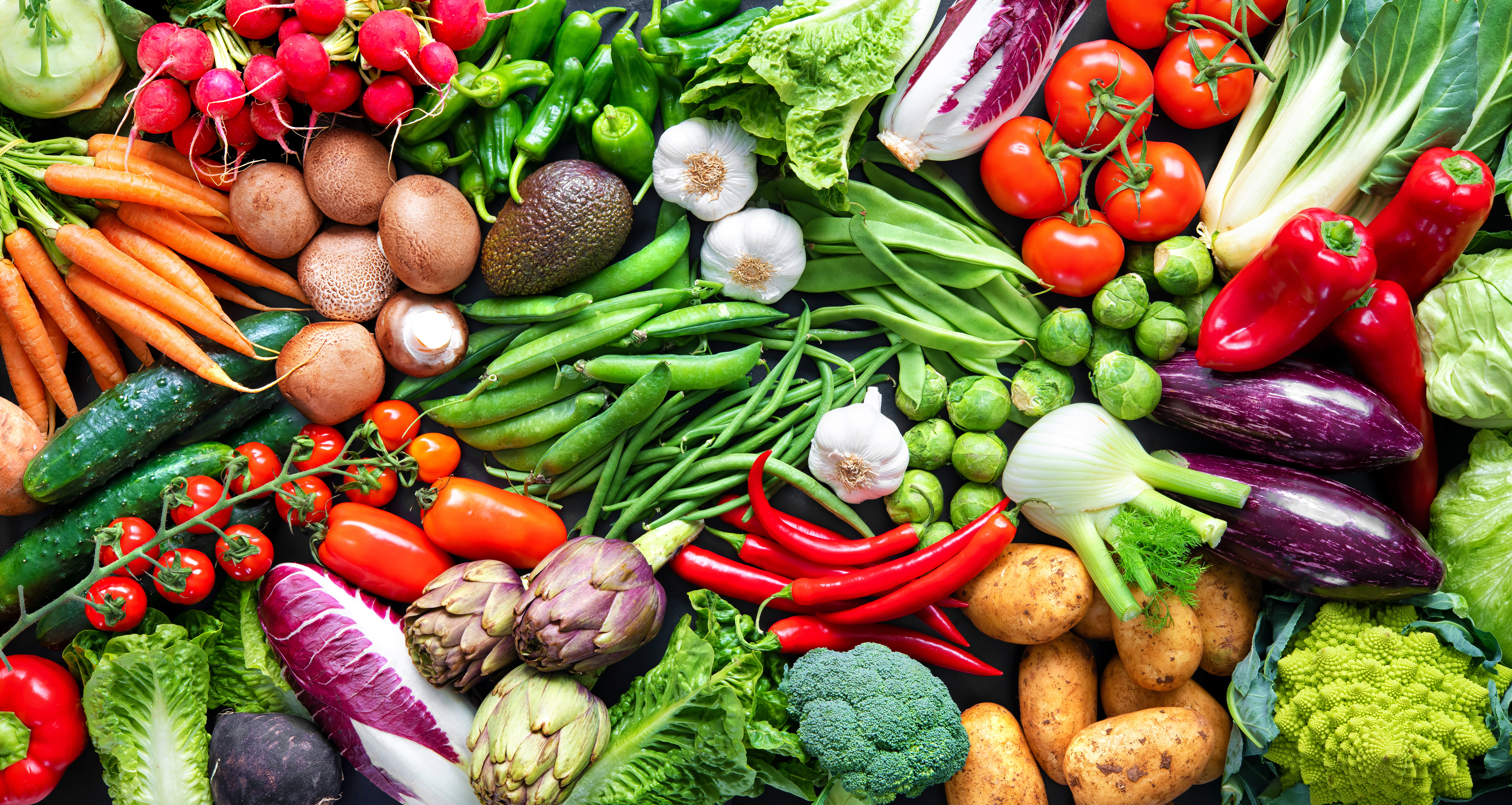What to Eat
Food is our fuel and good quality ford is critical to our physical and emotional well being. Eating in a way that nourishes, sustains and truly feeds us can lead to more energy, vitality and vibrant health. We have to start by eating a healthy diet of food with a strong life force like fresh fruits and vegetables, whole grains, pasture raised eggs, antibiotic, hormone free and grass fed meat and chicken, fish from the deep sea, nuts, seeds and legumes. All of this, but leaning especially on a wide variety of vegetables in all the colors of the rainbow. In Chinese Medicine we value warm, cooked food and eat less cold, raw food and iced drinks. It is thought that too many cold drinks and raw salads put out the fire and strength of digestion over time. This type of food is more appropriate in the summer months but the stomach is thought of as a cook stove and you definitely don’t want to put out the fire of your digestive “stove” as this can lead to less absorption of nutrients and ultimately fatigue and challenging GI symptoms.
When to Eat
The quality of our food is so important but we also need to consider when we eat. Eating our largest meals at breakfast and lunchtime can be a way to lose weight without actually cutting down dramatically on our calorie count. Many people who have no appetite in the morning find that eating a light, simple, early dinner leaves them with a healthy appetite for breakfast as going to bed with a full stomach doesn’t allow us to metabolize that food as well as we would during the day. Also as adults, unless an individual has major low blood sugar issues (which then needs to be addressed), snacking is not recommended. We have a fear of being hungry but the time between meals is actually time for our body to completely digest the last meal rather then continuing to just add more fuel. Allowing ourselves to get hungry is a way for the body to clean house a bit and focus on other things than digestion.
How to Eat
Staying truly present with our food helps us to digest and assimilate well. Saying grace or a prayer of gratitude for our nourishment can create an attitude of mindfulness for the entire meal. Eating while we’re on the go, driving, working at our desk or even standing at the counter in the kitchen lends a more frenetic energy to our dining experience. This frenetic energy activates our sympathetic nervous system which stops the digestive process. We want to be in rest and relax parasympathetic mode when we eat if we want to actually digest our food well. Eat sitting and focused on your food, company and conversation. Avoid eating while on the computer, reading or watching TV. This is unconscious eating and we often consume much more than we truly want or need when eating unconsciously. Be sure to eat slowly, chew thoroughly and savor the taste and flavor of each bite. When we eat slowly we can feel ourselves getting full and can then stop eating before we are full. It’s so important to really start listening to our bodies. Don’t eat without hunger…it’s common sense but most of us ignore this at least occasionally.

In Conclusion
The quality (and quantity!) of our food is so important. Garbage in, garbage out, as we all know. So really prioritizing good quality, whole food and dramatically reducing “non food” items like chemical laden sweet and salty snacks like chips and candy can have a huge impact on our health, vitality and well-being. Any digestive complaint can be improved by following these recommendations be it IBS, leaky gut or something more serious. The message from Functional Medicine is to get back to nature and the wisdom and understanding of folk medicine traditions throughout the world.
For a Health and Wellness Consultation Contact us here

